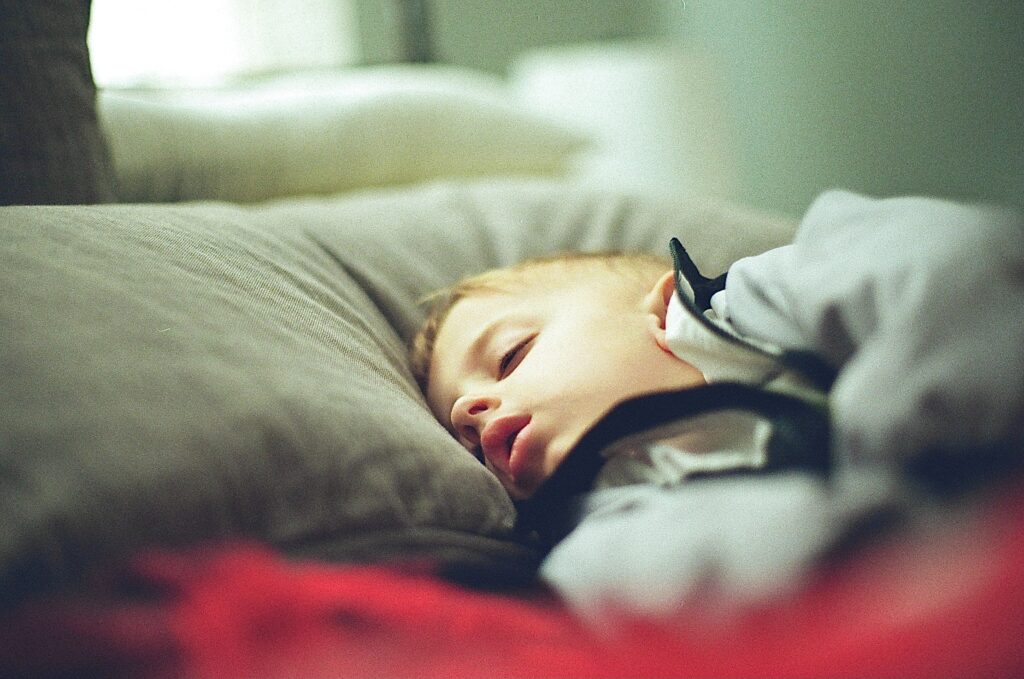Home living arrangements aren’t always straightforward, in this article we explain why an autistic child can’t always share a room.
Autism and sharing a room
Parenting a child with autism is a journey filled with both joys and challenges.
Every child is unique, and as parents, it is our responsibility to provide them with the care, understanding, and support they need.
When it comes to raising a child on the autism spectrum, additional considerations must be taken into account.
One such consideration is the potential struggle an autistic child may face when sharing a room with a sibling.
In this article, we aim to shed light on why this situation can be challenging for them, urging parents to approach it with empathy and sensitivity.

Sensory factors
As many of you will know, one of the fundamental characteristics of autism is heightened sensitivity to a wide range of inputs.
Bright lights, loud noises, or even certain textures can be overwhelming for an autistic child.
Sharing a room with a sibling can introduce additional sensory input, making it harder for them to find a calm and comfortable space.
The constant presence of another person can be overstimulating, causing anxiety and even distress.
Routine and predictablilty
Children on the autism spectrum often thrive on routine and predictability.
Having a set schedule and a consistent environment helps them feel secure and reduces anxiety.
Sharing a room disrupts this sense of stability, as their personal space becomes less predictable.
This lack of control over their environment can be particularly challenging for an autistic child.
This can end up leading to increased stress and difficulties in adjusting to the change.
Sleep disturbances
Sleep disturbances are common among kids with autism.
An autistic child may have irregular sleep patterns, experiencing difficulties falling asleep or staying asleep throughout the night.
Sharing a room with a sibling who has different sleep patterns can further disrupt their already delicate sleep routines.
The presence of another person in the room can become a source of distraction, hindering the autistic child’s ability to rest and recharge.
This can have obvious knock on effects to the parents also.

Difficulty with social interaction
Autistic children often face challenges when it comes to social interaction and communication.
Sharing a room means constant proximity to another person, requiring social engagement even during moments when they might seek solitude.
For an autistic child, this can be mentally exhausting, as they struggle to navigate the social nuances and demands of sharing space with a sibling.
The need to constantly adapt and respond to their sibling’s presence can be overwhelming.
It can wind up making it harder for them to relax and find their own rhythm.
Personal space
Children with autism often have a strong need for personal space and clear boundaries.
Sharing a room may blur these boundaries, leading to frustration and heightened anxiety.
Autistic children may require specific organisational systems or visual cues to maintain order and structure within their personal space.
When sharing a room, their needs may clash with their sibling’s preferences, creating tension and a sense of intrusion that can further compound their difficulties.
Summary – Why an autistic child can’t always share a room
As parents, it is essential to approach the challenges faced by our autistic children with compassion and understanding.
By acknowledging these struggles, we can work towards creating a supportive environment that meets the unique needs of our children.
It may be worth considering alternative arrangements or modifications to provide a more suitable living space.
This will promote harmony and foster the well-being of both the autistic child and their sibling.

